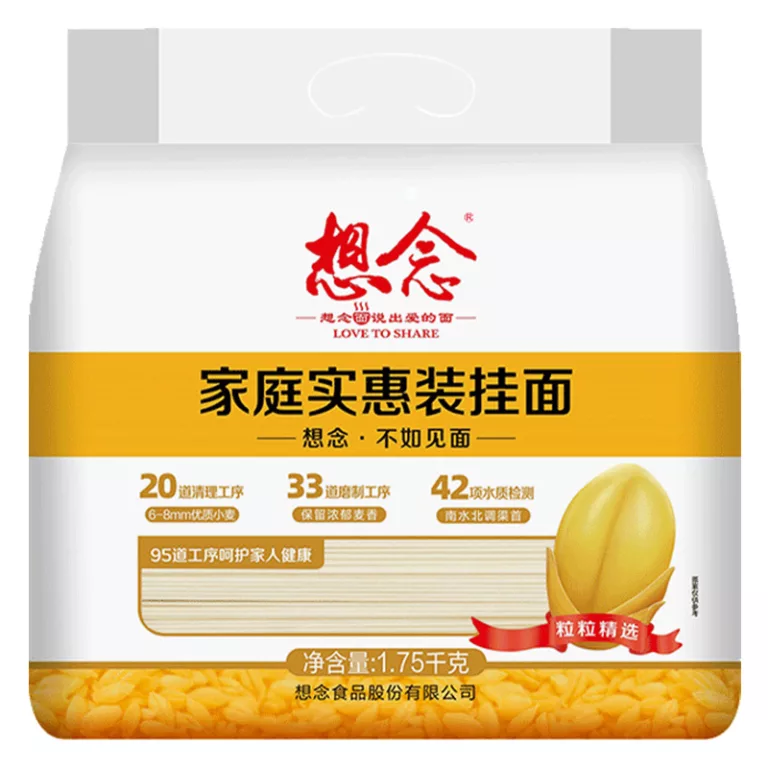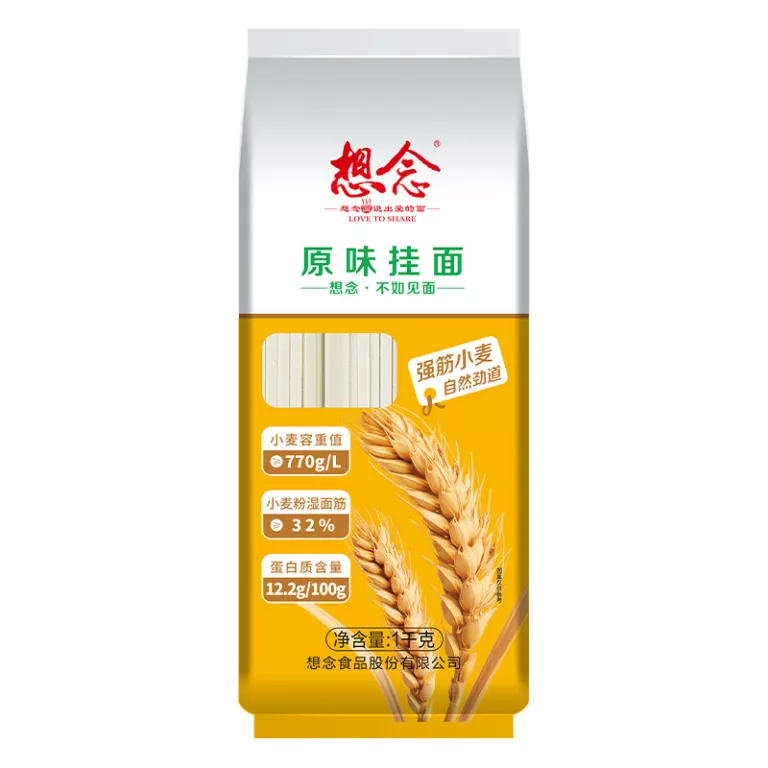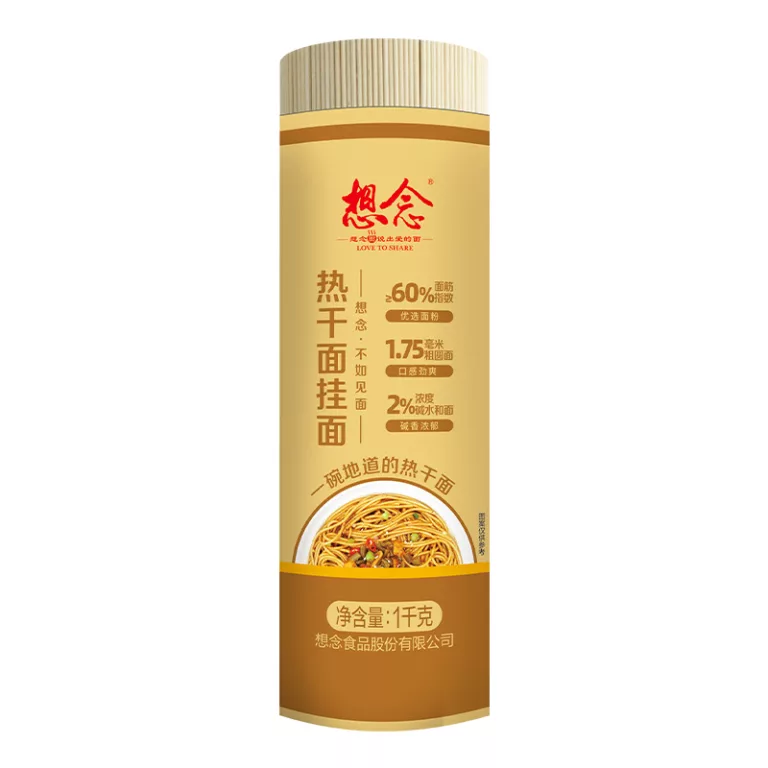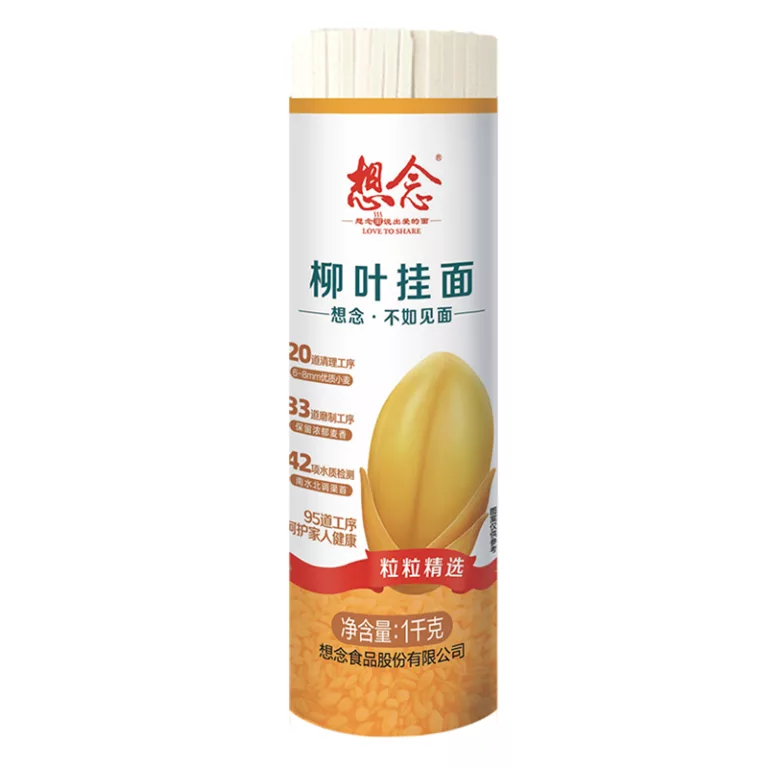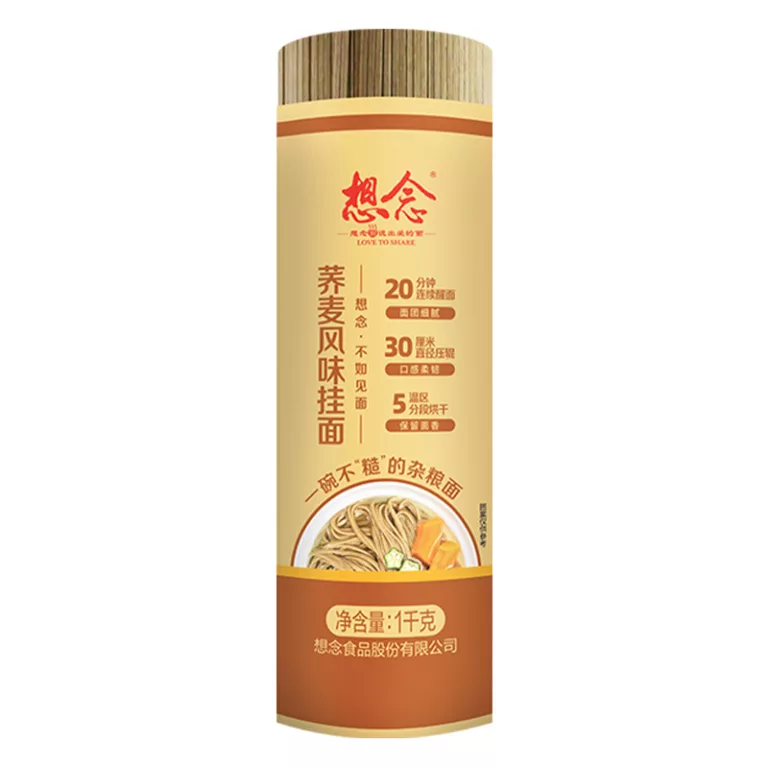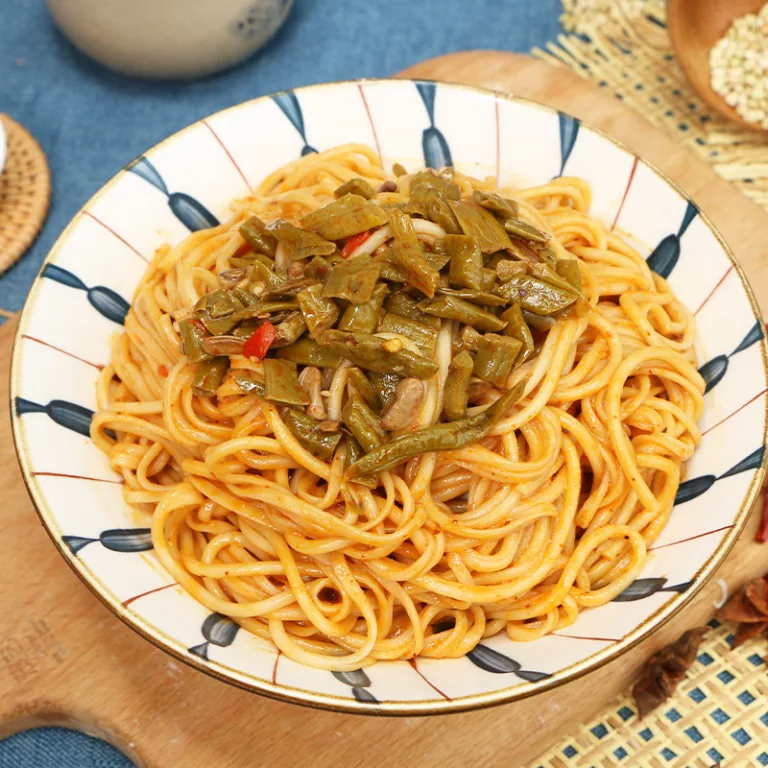Why is instant noodles so addictive?
Chowing down a bowl of instant noodles is perhaps one of the most comforting meals. The affordability and convenience of cooked noodles have made them a worldwide snack and meal of choice. But why do they remain so addictive?
In this blog post, we’ll explore what makes instant noodles so addictive and why people have such an insatiable appetite for them.
Instant noodles are one of the most popular snacks around the world.
Instant noodles have been consumed in various forms around the world for decades. There are several factors that contribute to their immense popularity, and each of these factors can act as a driver of addiction. Consider the characteristics of an addictive substance. The most obvious is the comfort that comes with the convenience of preparing, eating and cleaning up the meal. But beyond the allure of convenience, other factors contribute to the addictive nature of instant noodles.
The instant-noodle industry has developed what some researchers and chefs call an “Umami bomb.” Umami is a taste, or flavor, made up of a combination of glutamate, nucleotides and small amounts of other ingredients that contribute to a “savory” flavor. Umami, also known as the fifth taste, is commonly found in meat, fish and certain vegetables. By adding high concentrations of glutamate to instant noodles, companies have been able to impart a heightened flavor and texture that is difficult to ignore.
Instant noodles contain a high amount of salt and fat, which can override the brain’s satiety signals and lead to overeating. Studies have found that a single packet of instant noodles can contain high levels of monosodium glutamate (MSG), sodium, and saturated fat, all of which have been linked to addiction.
In addition to MSG, another ingredient in instant noodles that is closely associated with addiction is sugar. Most brands of instant noodles contain added sugar, which can act on the same neural pathways in the brain as addictive drugs and can lead to cravings. Furthermore, the low-cost, convenient, and convenient nature of instant noodles makes them especially appealing for people who are looking for a quick meal.
Instant noodles are low in calories and cost effective, it can provide a quick fix for a hunger pain and control the appetite until the next meal. This type of snack can be incredibly beneficial for those who are short on time or unable to afford a full meal, but it can lead to what has been termed “Snack-O-Nomics” – a cycle of continued snacking that can lead to uncontrolled calorie intake, which can potentially lead to a variety of health issues.
The combination of inherent convenience and flavor can lead to addiction. For example, when a person has a craving for a particular type of food, especially one that is easy to prepare, the temptation to indulge becomes stronger. Instead of taking the time and effort to prepare a more nutritious meal, the person might opt for an instant noodle solution. As their frequency of indulgence increases, the body releases endorphins, which can increase the reward associated with ingesting them.
Finally, and perhaps most dangerously, many instant-noodle products contain higher concentrations of salt, fat and various preservatives. These compounds can be hazardous to human health and have been associated with long-term health risks such as an increased risk of heart disease, stroke and hypertension. While some of these ingredients may add to the flavor or texture of the noodles, they can, over time, increase a person’s likelihood of developing an addiction.
Despite the potential risks associated with consuming instant noodles, for many people, their allure remains strong. The combination of affordability, convenience, umami and the occasional “salty-crunchy” snack can make them difficult to resist.
For those who find themselves struggling with an addiction to instant noodles, it is important to remember that there are healthier options for snacking – such as fruits and vegetables – as well as more nutritious meals that can still be made quickly. With an awareness of the nutritional contents of instant noodles and an increased focus on healthier eating habits, it is possible to break the cycle of addiction and find more nutritious alternatives.
